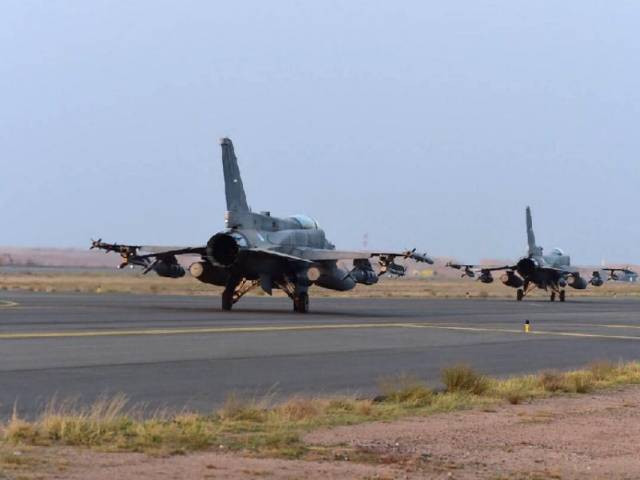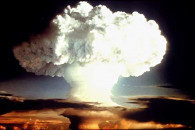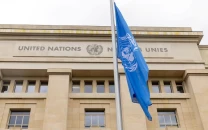Saudi-led coalition agrees to allow fuel for UN aid planes in Yemen
More than 8,000 people have been killed in the ongoing war; nearly 2,000 died of cholera since April

PHOTO: REUTERS
The UN Development Programme last week said it was having trouble operating two humanitarian flights into Sanaa from Amman, Jordan because there was no fuel available in the Yemeni capital for the planes to make the return trip.
Auke Lootsma, the UNDP's country director, said the coalition and the Saudi-backed Yemeni government were denying permission to transport the fuel to Sanaa from the government-controlled port of Aden.
Yemeni man executed for rape, murder of 3-year-old
"The fuel will be moving this week from Aden to Sanaa," UN spokesman Stephane Dujarric told reporters.
He added that the United Nations is seeking a concrete arrangement for fuel deliveries to allow the UN flights to provide regular deliveries of aid.
"We ask authorities for a mechanism to help ensure regular delivery of aviation fuel for UN operations," he said.
The United Nations has declared Yemen the world's worst humanitarian crisis, with a deadly outbreak of cholera, famine threatening 7 million people and a war in which civilian targets have been hit.
ICRC says 600,000 Yemenis could contract cholera in 2017
The Saudi-led coalition has repeatedly been accused of blocking aid to Yemen, one of the Arab world's poorest countries, which has been brought to its knees since the military campaign began in March 2015.
Dujarric stressed that all sides in the conflict were hindering aid deliveries to Yemeni people who are caught in an "unspeakable humanitarian crisis".
Yemen's health system has collapsed during the war pitting coalition forces against Iran-backed Huthi rebels.
On Sunday, Saudi Arabia pledged $33.7 million to help fight cholera in Yemen, which has killed nearly 2,000 people since April with 436,000 suspected cases.
More than 8,000 people have been killed in the war, while UN efforts to hold peace negotiations appear deadlocked.



















COMMENTS
Comments are moderated and generally will be posted if they are on-topic and not abusive.
For more information, please see our Comments FAQ